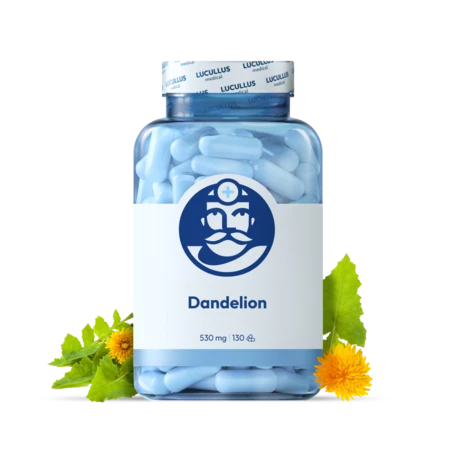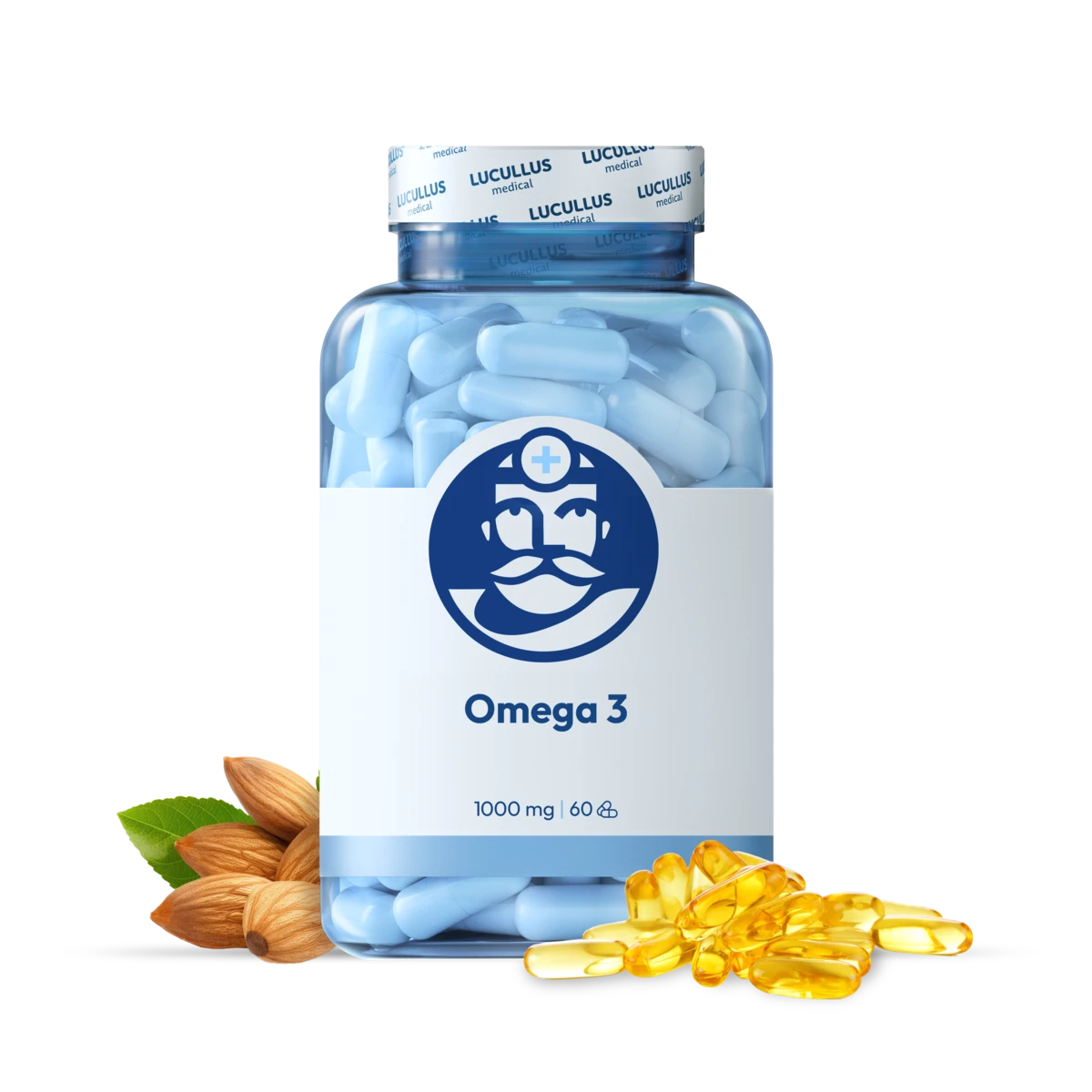
Omega 3, precious message of the sea
Do you long to wake up with ease in the morning, look fresher, not feel joint pain, have more energy, be able to focus, and feel better in your body? We could find the solution from fishermen who got up earlier than the sun each morning, went out to the sea, and greeted the new day with a smile. These were men who never knew the doctor, had sharp minds even in old age, their hands still firmly held the fishing nets and they lived functional longevity, often working into their 90s. The fishermen's treasure was exactly fish oil, which works similarly to a lubricant for our body: it helps the heart pump blood, keeps the mind fresh, and joints flexible, without it, the joints would be like an old creaking ship. The message that the sea gives us what we need was conveyed to future generations because some gifts of health are too precious to keep to oneself.

Maca - peruánsky ženšen
Od veky vekov sa ľudia snažili nájsť zázračné byliny a huby, ktoré podporovali zdravie, liečili smrteľné choroby a podporovali mužskú potenciu. Každá kultúra má svoje zaručené afrodiziaká. U nás sú známe najmä ustrice, alebo čokoláda. V dobe poslednej, najmä s rozvojom turizmu sa však postupne dozvedáme aj o iných povzbudzujúcich prostriedkoch, ktoré užívajú ľudia, často na opačnej strane planét. Jednou z najstarších látok na podporu potencie je Žerucha peruánska - Maca .

Pestrec mariánsky a pečeň
Ak ste aktívny na sociálnych sieťach, tak pojem Pestrec mariánsky už určite poznáte. Je to fenomén roka 2024, reklamy na túto "zázračnú bylinu" sú na každom kroku. Na rozdiel od iných výživových doplnkov, nie je nikto, kto by účinky tejto rastliny spochybňoval. Rôznia sa iba názory na jednotlivé produkty a spôsoby ich spracovania. V čom spočíva zázrak tohto bodliaka?

Zinok - zabiják únavy
Okrem doplnkov, fungovaniu a rôznych suplementov, potrebuje naše telo ku 100% aj tzv. stopové látky. Označenie "stopové" znamená, že ho naše telo potrebuje iba v malom objeme. Zinku potrebujeme 10mg denne, čo je oproti horčíku (375mg) 37x menšie množstvo. Zdalo by sa, že sa bavíme o úplnej zbytočnosti. Opak je však pravdou. Zinok ovplyvňuje viac ako 200 biochemických reakcií v našom tele!

B5 - Guardian of Vitality and Beauty
“Is it just another vitamin... or?” one might think, but the more we learn about pantothenic acid, the more it fascinates us. Vitamin B5 plays a crucial role in converting food into energy, supports concentration, mental well-being, and even skin regeneration. Without it, the body would not be able to properly produce hormones or fight stress. It is also a substance that is hidden in every cell of our body, accompanies us from birth, and contributes to sufficient energy, skin health, and mental acuity. Although we may overlook it, its importance is undeniable, and its name is no coincidence. It comes from the Greek word “panto”, meaning “everywhere.” And indeed, it is omnipresent, irreplaceable, and somewhat mysterious. If we start exploring where this essential vitamin is found, it's in eggs, nuts, whole grains, shellfish, avocados, salmon, liver, kidneys, beef, yeast, vegetables... And if we've just realized that our diet is low in these foods, we should consider supplementing B5. After just a few days, we would notice a change. We would wake up with more energy, have a clearer mind, and even see an improvement in our skin. Colleagues would notice that we work faster, are more creative, and less stressed. Pantothenic acid will help us get back in shape. And for us, it will no longer be just another substance on the list of vitamins.

Sú dni, kedy aj ženy potrebujú nájsť rovnováhu ...
V naturálnom doplnku je ukrytá menej známa rastlina diskórea huňatá ( Discorea villosa, Wild yam) z čeľade Dioscoreaceae. Poďme sa s ňou zoznámiť ☺ Existuje viac ako 600 druhov rastlín yam, najvýraznejší druh je divoký yam (Dioscorea villosa). Táto trvá nenáročná liana (vinič) rovníkových oblastí, má listy v tvare srdca. V listoch a koreňoch je prítomný diosgenín (primárna zložka), práve koreň sa používa v medicíne aj v našich doplnkoch, ako koncentrovaný extrakt (najvyššia výťažnosť), štruktúra je podobný cholesterol. Táto látka sa používala na výrobu prvých antikoncepčných podkladov.































